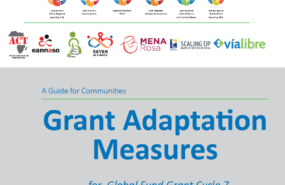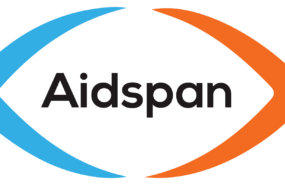Key harm reduction messages from the Eurasian Harm Reduction Association (EHRA) and Harm Reduction International (HRI) In advance of the Global Fund 48th Board Meeting.
- 17.11.2022 10:50
- Post Views: 231
In advance of the Global Fund 48th Board Meeting, we are writing to share with you key harm reduction messages from the Eurasian Harm Reduction Association (EHRA) and Harm Reduction International (HRI).
Harm reduction investment from international donors and governments in low and middle-income (LMI) countries totaled US$131 million in 2019 – just 5% of the US$2.7 billion UNAIDS estimates is required annually by 2025 for an effective HIV response among people who inject drugs. The Global Fund is the largest donor for harm reduction, providing at least 60% of all international donor support. The outcome of the replenishment leaves us with grave concerns for the protection and scale-up of harm reduction in low- and middle-income countries.
We urge the Global Fund Board to be proactive in protecting Global Fund harm reduction investments as this will be crucial to avoid service closures, a reversal of gains made in HIV prevention among people who use drugs and ultimately, lives lost. Our recommendations centre on the following five areas:
1. Harm reduction funding must be protected from the replenishment shortfall
2. Catalytic investments for harm reduction and key populations must continue
3. Funding for community-led responses must be prioritised within NFM4, both for harm reduction and pandemic preparedness and responses
4. Funding for efforts to increase domestic investment in harm reduction, and broader key population programming must be increased
5. Funding for harm reduction in crisis must be protected and prioritised
Related News
Services for migrants and refugees from Ukraine – HIV/TB care with a focus on key populations
Due to the increasing flows of refugees from Ukraine because of Russia’s invasion of Ukraine, the EECA Regional Platform created a spreadsheet to fill contacts details of face-to-face and online services for refugees and migrants (with a focus on HIV/TB care and key population groups).
Regional Platform – EECA
This web-resource is a part of new regional communication and coordination project “Regional Civil Society and Community Support, Coordination and Communication Platform - EECA”, implemented by Eurasian Harm Reduction Association (EHRA).
Tags
See also
-
Grant Cycle 7 Reprioritization: How can communities prepare? 02.07.2025 12:03
-
Webinar: Using Global Fund's Data for Advocacy 12.06.2025 12:00







